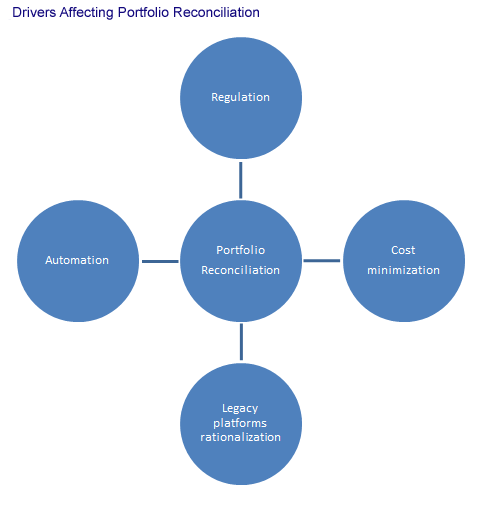Portfolio Reconciliation for Derivatives Markets: Well Begun Is Half Done
Abstract
Reconciliation has usually been reactive, driven by disputes. The trend in the last few years has moved the industry in a different direction. Firms have strengthened their operational capabilities as technology has advanced, and regular reconciliation is becoming an important means of reducing risk as well as meeting regulatory requirements.
In the report Portfolio Reconciliation for Derivatives Markets: Well Begun Is Half Done, Celent studies the growing importance of portfolio reconciliation and how firms are trying to make the best of what has been an operationally challenging few years.
Automating reconciliation is crucial for firms of all sizes because it allows them to obtain a better overview of the trading function. Regulation has been a driver, as has legacy platform rationalization, with firms relying on automation and streamlining of their reconciliation platforms. Having a number of legacy platforms across the trading function makes it difficult for firms to run their compliance optimally. Finally, in a tough economic environment, cost minimization is becoming a mantra across the board.

“Trading volumes in derivatives have been relatively high, and the gross credit exposure for OTC derivatives has shown growth in 2013,” says Dr. Anshuman Jaswal, Senior Analyst with Celent’s Securities & Investments Group and author of the report. “Hence it was important to improve portfolio reconciliation in a way that benefits operational capabilities in the derivatives markets, and this seems to have been the case.”
We begin the report with a discussion of the main drivers improving portfolio reconciliation practices. Next we analyze the recent performance of the OTC derivatives market and the continuing improvement in the frequency of portfolio reconciliation. We consider some of the issues with regard to portfolio reconciliation that have not been sufficiently addressed, and then provide a brief comparison of the requirements of the Dodd-Frank Act and the European Market Infrastructure Regulation (EMIR).

